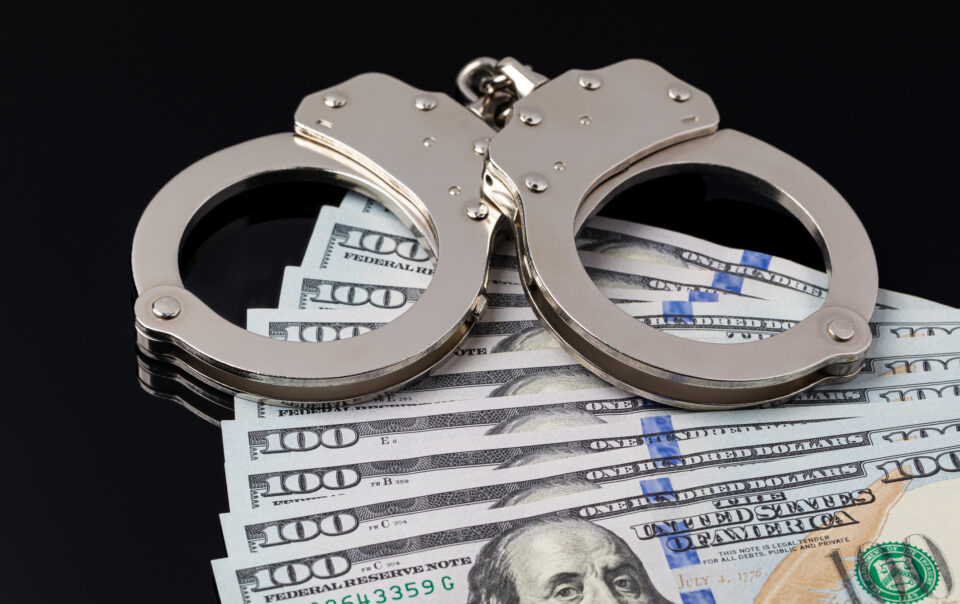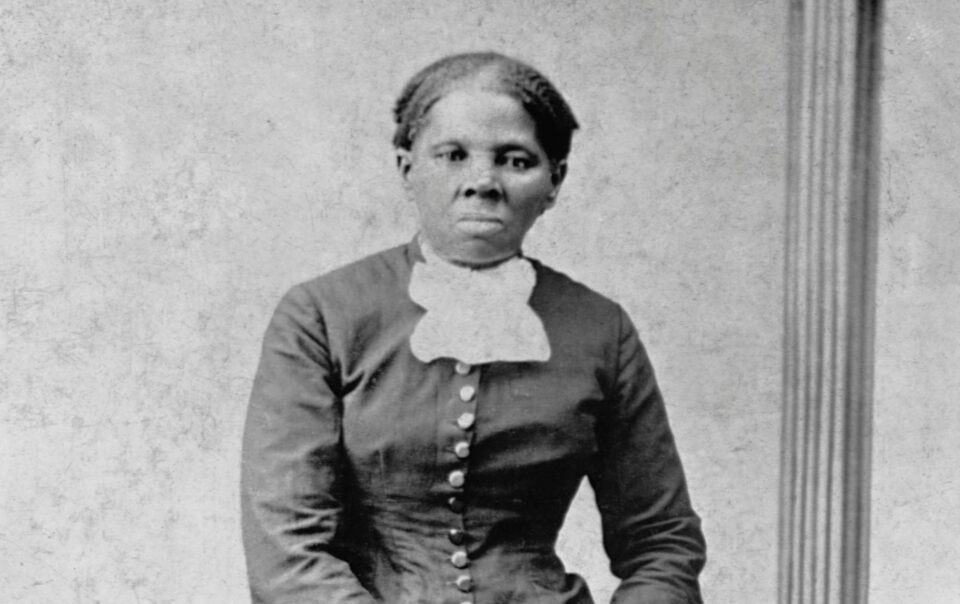Cashless bail, the legal process that allows some people to be released from jail without posting bail, is now facing opposition from President Donald Trump. Trump signed an executive order on Monday to eliminate cashless bail, saying it’s allowing to be released too easily.
“Somebody kills somebody, they go and don’t worry about it,” Trump told reporters on Monday, according to The New York Times. “No cash. Come back in a couple of months. We’ll give you a trial. You never see the person again.”
What are pros of cashless bail staying in defense of the system?
Advocates of cashless bail say it’s unjust to require bail because the system gives an unfair advantage to people who can afford to pay. The proponents say people who committed less serious crimes should be released without having to post bail. Advocates say that people who are not considered to be threats to the community should be released before their trial regardless of whether they can post bail.
What states have allowed cashless bail?
New Jersey and Alaska became one of the first states to allow cashless bail in the late 2010s. New York also started allowing cashless bail in 2019 following the case of Kalief Browder, who died by suicide after spending three years in jail while waiting for his trial. Browder, who was jailed for three years on Rikers Island after being accused of stealing a backpack, killed himself at his parents’ home.
The Brennan Center for Justice, a nonprofit that compared data from cities that changed their bail laws compared others that didn’t, concluded that bail reform didn’t have a significant effect on crime rates. Per The New York Times, the study concluded that there is “no statistically significant relationship between bail reform and crime rates.”
Despite the data, Trump has ordered Attorney General Pam Bondi to identify jurisdictions that have “substantially eliminated cash bail as a potential condition for crimes that pose a clear threat to public safety and order.” Per The Times, Trump threatened to take away “federal funds, including grants and contracts, currently provided to cashless bail jurisdictions.”










